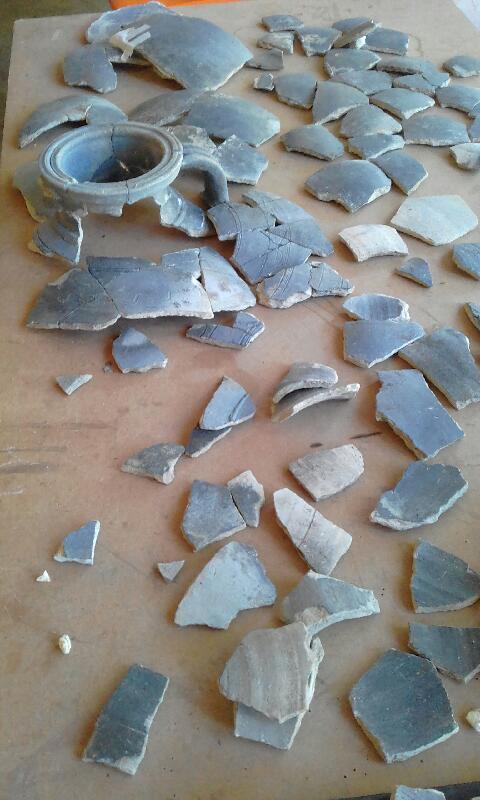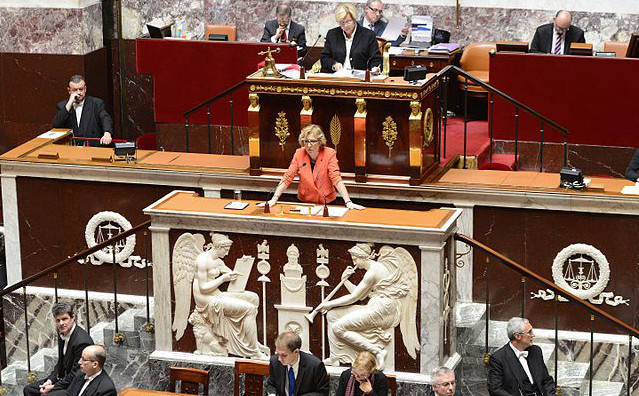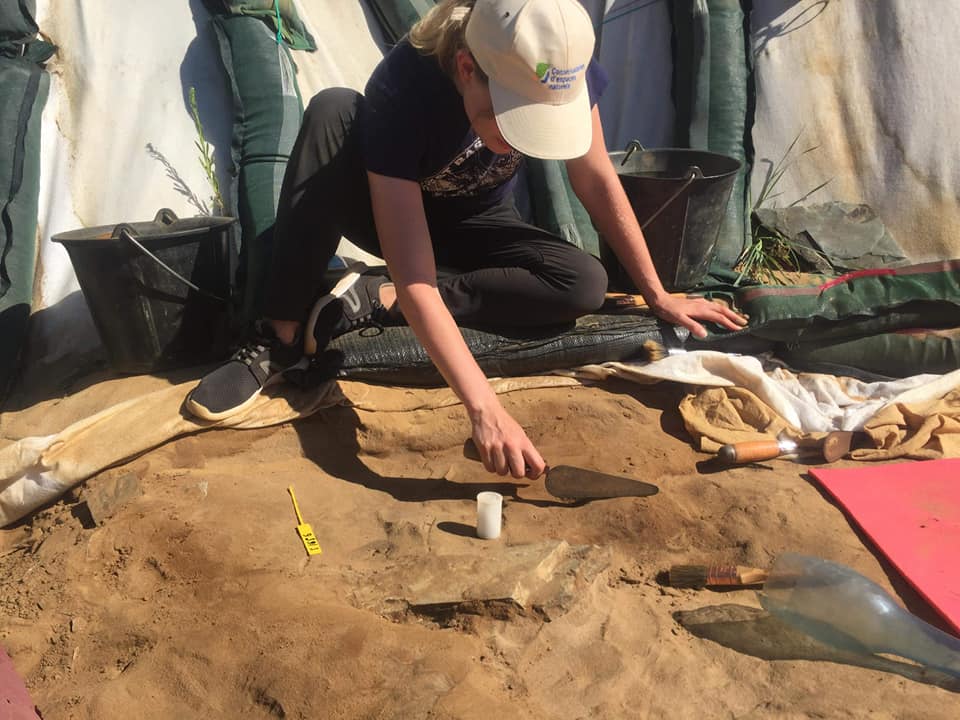Scientists and volunteers, a delicate balance
- Published: Tuesday, 23 May 2023 16:43
- Hits: 633

These days, the term "volunteer" is regularly overused and thrown about. Before reflecting on the pros and cons of voluntary contributions to science, we must agree on its definition. Contrary to popular belief, volunteers are typically qualified in a particular area, in this case, research. They carry out their work without compensation, outside of, or on top of, their profession. So, what does it mean to be a volunteer archaeologist?
Read more ...




 Championing the scientific research in archaeology means contributing to a better heritage protection, to healthy and lasting relationships between the various actors of research (professionals, non professionals, citizens, politicians), to an evolution of knowledge and practices specific to archaeological research.
Championing the scientific research in archaeology means contributing to a better heritage protection, to healthy and lasting relationships between the various actors of research (professionals, non professionals, citizens, politicians), to an evolution of knowledge and practices specific to archaeological research.

